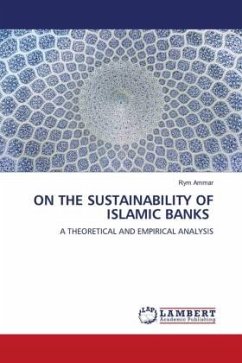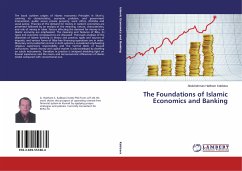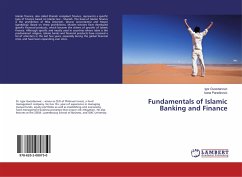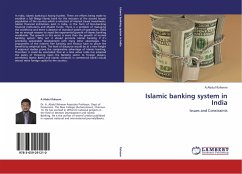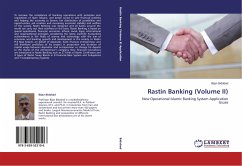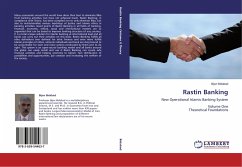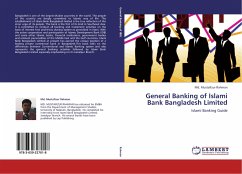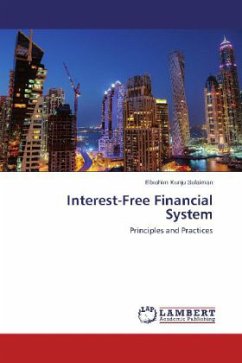According to literature review, Islamic Banks (IBs) lose their distinctive features and tend to resemble conventional banks. For this reason, studying IBs sustainability is crucial. To do so, firstly, we focus on the social utility of this system by taking the Tunisian case. We explore the prerequisites that should be observed to implement this system and we study private agents' and entrepreneurs' potential demand of IBs' products and services by analyzing the results of two Surveys. Accordingly, Islamic Finance (IF) is perceived as a seductive phenomenon. However, the development of this industry appears to be difficult. Then, we study empirically IBs sustainability at macroeconomic level by estimating a dynamic panel model approach. As a result, the IBs business conditions in the host countries cannot establish a relationship between IF development and long-run economic growth through Schumpeterian hypotheses. Finally, by considering the Shariah objectives fulfillment and the satisfaction of all stakeholders, we develop an overall index baptized SCPI by aggregating all appraised performance scores using multi-attribute utility theory. All studied IBs are not sustainable.

